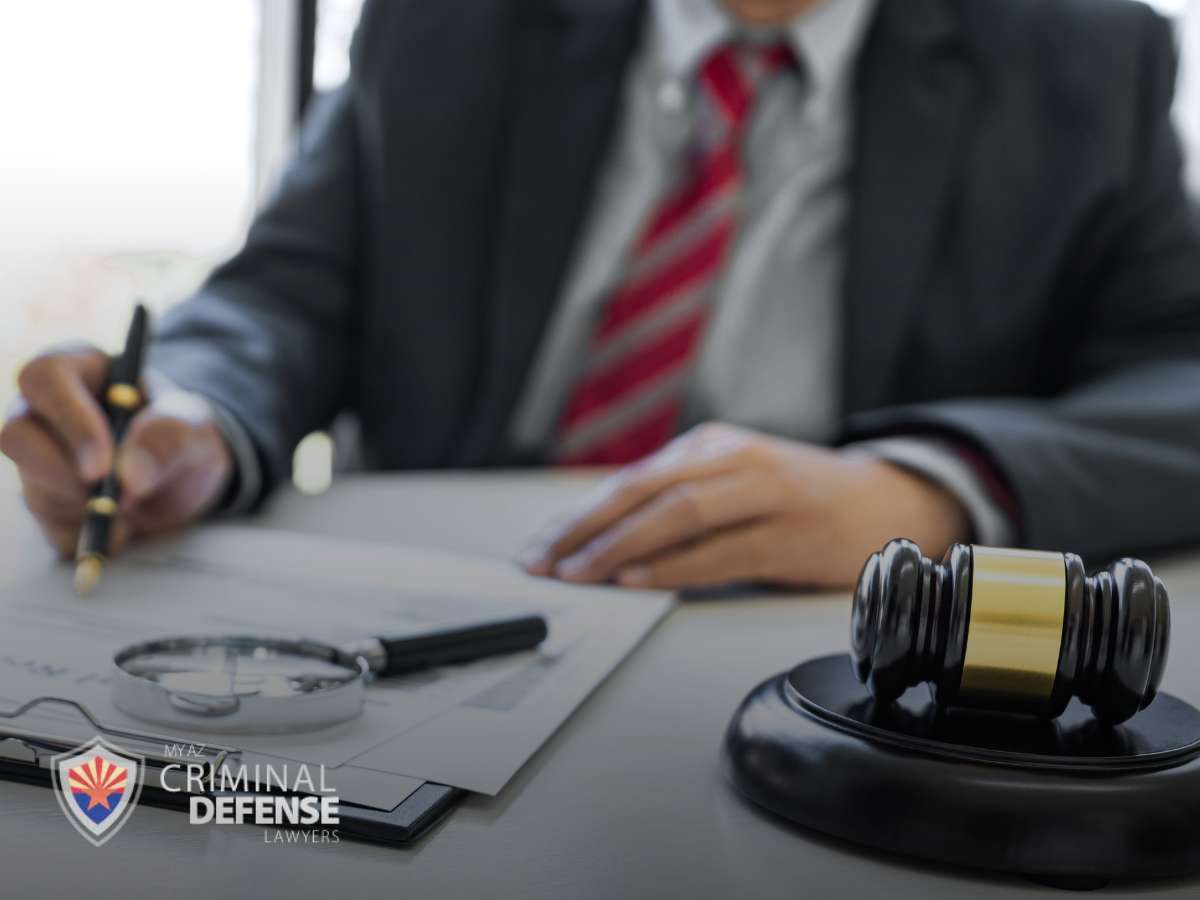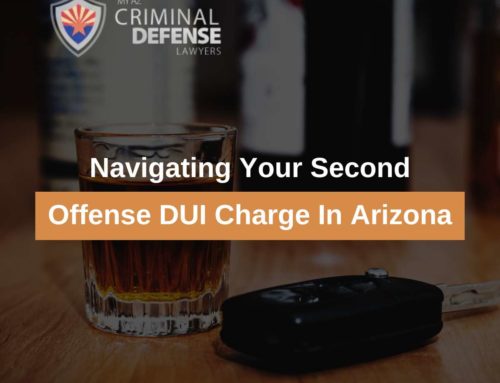What Are My Rights During a DUI Stop In Arizona?
If you have ever driven in Arizona, you may have experienced a DUI checkpoint. Arizona has several of these checkpoints along the roads which aim to discourage drunk driving. When conducted properly, these checkpoints are legal and deemed constitutional.
When you are the car that is stopped at a DUI checkpoint, it is important to understand how these checkpoints work and your rights during the process. If you are stopped and found to be intoxicated, it is essential to reach out to your DUI attorneys to ensure your rights are protected.

Navigating DUI Checkpoints: A Guide For Arizona Drivers
Police are able to do DUI checks a couple of ways on the roads of Arizona. Traditional DUI stops entail being pulled over by a police officer while you are driving. These stops require probable cause such as speeding, failing to stop at a traffic light, or driving erratically. You will be given a field sobriety test if the officer notices bloodshot eyes, slurred speech, or the smell of alcohol on your breath.
Unlike traditional stops, a DUI checkpoint does not require probable cause. These are stopping points set up on the roads that have transparent and predetermined rules as to whom they choose to stop. This could look like stopping every 4 cars to make sure the stops remain fair and lack discrimination.
When & Where DUI Checkpoints Are Most Likely In Arizona
The intent of DUI checkpoints is to help make the roads a safer place by discouraging drunk driving. This is especially true during specific times and in specific locations. While the reason for stopping cars may be predetermined and transparent, a DUI attorney will tell you that the location and timing of checkpoints is very strategic. Times and places you may encounter DUI checkpoints are:
- Holidays & Events: Holidays such as New Years Eve, St. Patrick’s Day, Fourth of July, or Memorial Day weekend are popular times to drink, therefore Arizona police tend to set up checkpoints during this time.
- Late Night Hours: Another strategic time in which checkpoints are set up is during the late night hours. These hours usually start around 10pm and run until the bars close around 2am or 3am.
- High Traffic Areas: Checkpoints are often set up in areas where there is a robust nightlife or locations that have many bars and restaurants.
- Near Event Locations: Another popular place to drink is during events where there may be many people drinking. Checkpoints are often set up near concert venues, festivals, or sporting venues.
The Standard Procedure At Arizona DUI Checkpoints
If you are stopped at a DUI checkpoint, there are several things that you can expect to happen. During these stops, the procedure is very straightforward.
- You will be asked for your drivers license and registration.
- The officer will engage in brief conversation looking for signs of impairment.
- If there is probable cause, you will be asked to step out of your car.
- Once you’re out of your car you will undergo a field sobriety test.
Know Your Rights: How To Handle a DUI Checkpoint In Arizona
At DUI checkpoints as well as during traditional DUI stops, you have several rights that DUI attorneys will encourage you to exercise. Each of these rights have implications and it’s important you understand each one.
- Remain Silent: This right allows you to not answer questions that may implicate you. For instance, if the officer asks whether or not you were drinking, you may politely refuse to answer until your attorney is present.
- Right To Refuse Field Sobriety Tests: When you got your driver’s license, you agreed to a BAC if there is probable cause. However, you can refuse a field sobriety test, but you may be immediately required to give up your license for a time. If you are convicted, your refusal may also lead to additional charges.
- There Must Be Reasonable Suspicion: If you are stopped at a checkpoint and the officers want to detain you, they must have reasonable suspicion that you are under the influence to do so. Reasonable suspicion could be slurred speech, unable to walk in a straight line, or some other bodily indication.
- Probable Cause To Arrest: Probable cause is a step up from reasonable suspicion and it must be present in order for you to be arrested. Probable cause can be from a breathalyzer test or field sobriety test.
Deciding How To Approach a DUI Checkpoint: Tips & Rights
If you encounter a checkpoint, many people become nervous and unsure. You have two options: you can either turn around to avoid it, if it is legal and safe to do so, or you can go through it. If you choose to go through it, remember your rights and face the situation calmly.
First of all, be sure to cooperate and be respectful of the officers to ensure a smooth process. Roll down your window and provide the information the officers request such as driver’s license, registration, and proof of insurance.
Remember that you can exercise your rights and try to avoid arguing, being aggressive or making any quick movements. Resistance can lead to unnecessary escalation. Lastly, seek legal advice for a DUI attorney that is well-versed in Arizona law to help protect your rights and ensure the best possible outcome.
How Our Top-Rated DUI Defense Lawyers Can Help You Protect Your Rights!
If you are facing a DUI charge or think your rights may have been violated during a DUI checkpoint, our attorneys at My AZ Criminal Defense Lawyers are here to help! With decades defending clients and a commitment to providing quality and cost-effective service, we are your go-to defense attorneys in Arizona!
Contact us today for a free consultation and get started on your journey towards peace of mind.

My AZ Criminal Defense Lawyer
Mesa Location:
1731 West Baseline Rd., Suite #100
Mesa, AZ 85202
Office: (480) 448-9800
Glendale Location:
20325 N 51st Avenue Suite #134, Building 5
Glendale, AZ 85308
Office: (602) 509-0955
Tucson Location:
2 East Congress St., Suite #900-6A
Tucson, AZ 85701
Office: (520) 441-1450
Avondale Location:
12725 W. Indian School Rd., Ste E, #101
Avondale, AZ 85392
Office: (623) 499-4222







